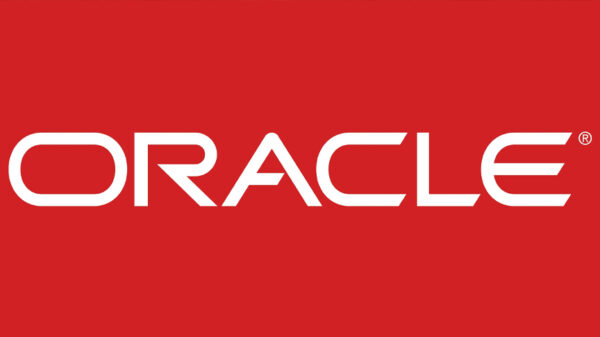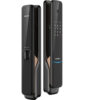The first quarter of 2017 has confirmed the forecasts about the evolution of DDoS attacks made by Kaspersky Lab experts following the 2016 results. It also demonstrates that cybercriminals need a rest too.
Despite the growing popularity of complex DDoS attacks continuing into the first quarter, there was a noticeable decline in the number of overall attacks and a change to how they were dispersed by country.
In the first quarter of 2017, the Kaspersky DDoS Intelligence system* recorded DDoS attacks against resources in 72 countries, which is eight less than in the fourth quarter of 2016. The Netherlands and the UK replaced Japan and France among the top 10 countries with the most DDoS victims.
South Korea remained the leader in terms of the number of detected C&C servers. The US came second in this respect, followed by the Netherlands, which dislodged China from the top three for the first time since monitoring began.
The latter dropped from second to seventh place. Japan, Ukraine and Bulgaria all left the top 10 ranking of countries with the highest number of C&C servers. They were replaced by Hong Kong, Romania and Germany.
Distribution by operating system also changed in Q1 2017. In the previous quarter, Linux-based IoT botnets were the most popular, but they were squeezed out by Windows-based botnets, whose share grew from 25% to 60% in the first quarter.
The number of TCP, UDP and ICMP attacks increased considerably, while the share of SYN DDoS and HTTP attacks declined from 75% in the fourth quarter of 2016 to 48% in Q1.
During the reporting period, not a single amplification-type attack was registered, while the number of encryption-based attacks grew. This is in line with last year’s forecasts about a shift in DDoS from simple, powerful attacks to attacks that are difficult to identify using standard security tools.
Overall, the quarter was relatively quiet: the largest number of attacks (994) was observed on 18 February. The longest DDoS attack in Q1 2017 only lasted 120 hours, which is significantly lower than the previous quarter’s maximum of 292 hours.
“There’s typically a pronounced decline in the number of DDoS attacks at the beginning of the year, and this trend has continued now for five years. This may be due to cybercriminals or their clients taking a break. However, despite this now familiar downturn, we still recorded more attacks between January and March of this year than we did in the first quarter of 2016, which confirms the conclusion that the overall number of DDoS attacks is growing. So now is not the time to let your guard down; rather, it’s better to take care of your protection before the cybercriminals get back to their usual work routine,” comments Kirill Ilganaev, Head of Kaspersky DDoS Protection at Kaspersky Lab.
Kaspersky DDoS Protection combines Kaspersky Lab’s extensive expertise in combating cyber threats and the company’s unique in-house developments. The solution protects against all types of DDoS attacks regardless of their complexity, strength or duration.













































































































